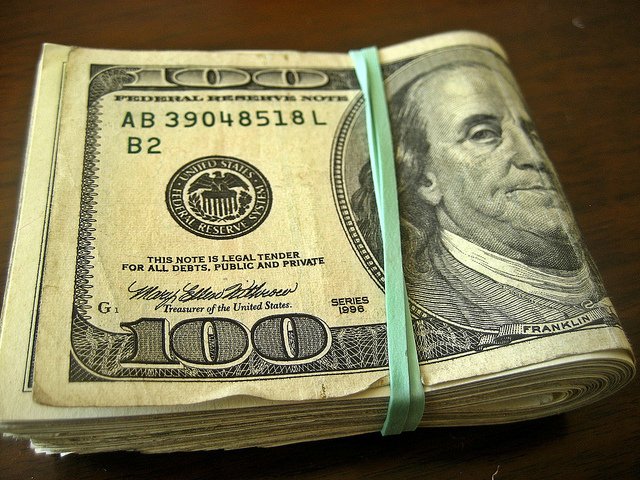Mind over Money, Save Money

In tough times, psyching yourself up to save is even more important. Here's how:
"But I can't save any money." It's an excuse I hear a lot. Sometimes it's a whine. Other times I detect a note of defiance. In the past few years, it has become increasingly frequent, as more and more of us make less than we spend, eating up the equity in our homes, while increasing our borrowing. Saving rates sre declining. And the situation seems to be getting worse.
The question is why? Why don't we make saving a priority? We certainly know that saving money - like eating broccoli and strengthening our core muscles - is good for us. In the latter cases, we listen. Yoga and Pilates have never been hotter. And broccoli now comes as a baby vegetable, precut and bagged, and even in purple. Yet saving for tomorrow is still a largely ignored and unappreciated skill. There are three reasons for this.
ONE: Saving today is harder. "If you're having to spend a disproportionate amount of income on food and gas, it's hard to save," says Anthony Pratkanis, a psychology professor at the University of California, Santa Cruz, who specialises in financial issues.
Over in our part of the world, food and fuel prices have increased substantially, eroding much of the income growth we've enjoyed in the past few years. According to the UN Food and Agriculture Organization, food prices soared nearly 40 percent since last year. Meanwhile, crude oil prices have surged more than five-fold since 2002.
What's worse, the prospect of stoll spiralling inflation amidst a current slowing global economy will make it more difficult for already strapped households to save.
TWO: Credit became too accesible. For years it was simply too easy to get your hands on money to spend. Banks are eager to extend credit to you if you meet their requirements.
A financial cards study by Euromonitor International reported there were 580 million credit cards in circulation in Asia Pacific last year, a 54 percent increase since 2002. Correspondingly, credit cards transactions has increased 62 percent in the same five-year period.
With such easy credit available, why save when you could get that big flat-screen TV today and pay for it with a simple swipe of plastic?
THREE: and most intriguing: Saving is, was, and always will be no fun. "Saving money," explains Jason Zweig, author of "Your Money and Your Brain", doesn't feel good. Think about it this way: Choosing to save almost always means opting for delayed instead of immediate gratification. "You can buy a pair of shoes today," says Zweig, "or have a nice retirement 20 years from now." You're going to buy the shoes because the pleasure of getting something good today is much greater than the pleasure of getting something good years in the future - even if the reward in the future is bigger.
"Humans, like most animals, have a strong preferences for immediate reward over delayed reward. If you offer me $10 today or $11 tomorrow, I'll probably say I'd rather have the $10 today," says Zweig. Even bigger numbers don't seem to make difference. Financial experts routinely use what-if scenarios to try to encourage people to save more and at a younger age.
Keep up the good work!